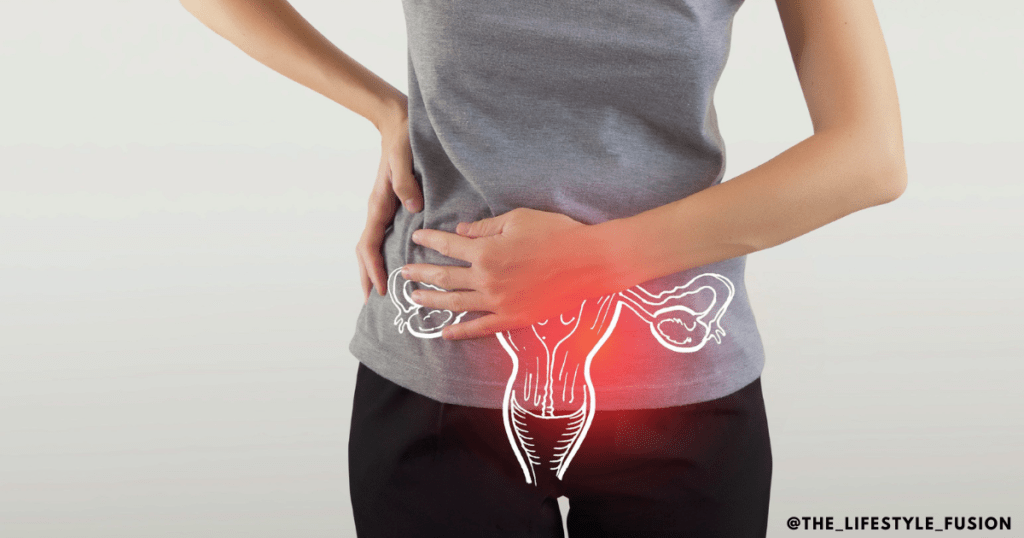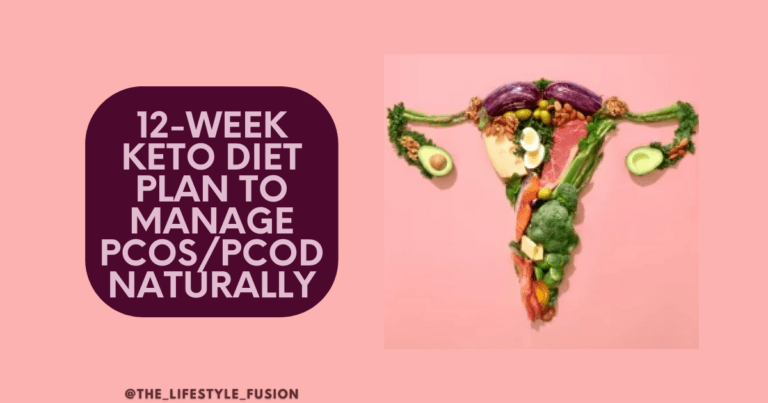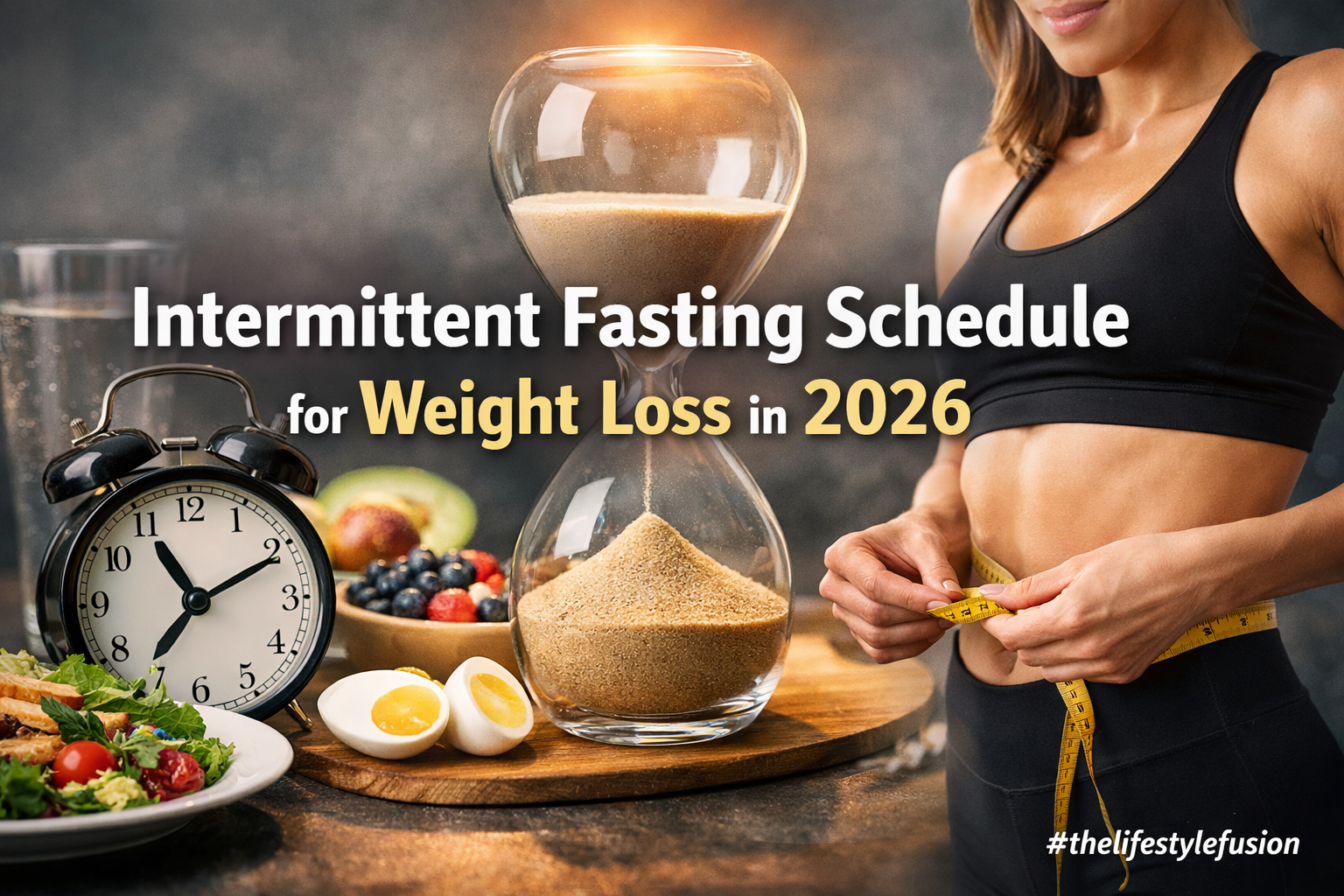The ketogenic (keto) diet has been suggested as a potential approach to managing Polycystic Ovary Syndrome (PCOS) and Polycystic Ovary Disorder (PCOD) due to its effects on insulin sensitivity and hormonal regulation. In this blog, we will give you a general outline for a 12 week keto diet plan for healthy weight loss.
Embarking on a journey towards managing PCOS/PCOD naturally through a 12 week keto diet plan can be transformative, not just for weight management but for hormonal balance and overall well-being. The keto diet has been studied and shown to cure endocrine disorders in women i.e. Polycystic Ovary Syndrome (PCOS) and Polycystic Ovary Disorder (PCOD) by losing weight.
As the World Wellbeing Association (WHO) appraises that 8-13% of conceptive matured ladies, a Keto diet improves many other symptoms, including infertility, emotional disturbances, excessive hair growth, obesity, and menstrual irregularity. Without a doubt, a healthy weight is very crucial for managing PCOS and PCOD symptoms, because excess weight can aggravate insulin resistance and hormonal imbalances associated with PCOS and PCOD.
Furthermore, the diet’s impact on reducing inflammation and promoting metabolic flexibility may have positive effects on PCOS symptoms. By significantly reducing carbohydrate intake and replacing it with healthy fats, the keto diet aims to induce a state of ketosis, where the body relies on fat for energy instead of glucose. This can help regulate blood sugar levels and decrease insulin resistance, which is often elevated in individuals with PCOS.
12-Week Keto Diet Plan: Your Transformation Journey

Creating a personalized 12 week keto diet plan for PCOS (Polycystic Ovary Syndrome) and PCOD (Polycystic Ovary Disorder) weight loss requires careful consideration of individual needs, preferences, and any existing health conditions.
A diet full of fresh fruits, vegetables, nuts, and healthy cooking oil can collectively make a healthy balanced diet scheme that helps you to lose weight in case of PCOS and PCOD. Below is a general outline for a 12 week keto diet plan, but keep in mind that individual variations are important.
Weeks 1-2: Adaptation to Ketosis
- Focus on reducing carbohydrate intake to 20-50 grams per day.
- Emphasize healthy fats such as avocados, olive oil, and nuts.
- Include moderate amounts of protein from sources like meat, fish, eggs, and tofu.
- Stay hydrated and monitor electrolyte balance.
Weeks 3-4: Refining Macronutrient Ratios
- Fine-tune your macronutrient ratios based on individual responses.
- Experiment with different sources of non-starchy vegetables.
- Consider incorporating intermittent fasting if it aligns with your lifestyle and preferences.
Weeks 5-6: Meal Planning and Diversity
- Plan meals to ensure a balanced intake of nutrients.
- Experiment with a variety of keto-friendly recipes to keep meals interesting.
- Include a mix of animal and plant-based sources of protein.
Weeks 7-8: Monitoring Progress
- Assess weight loss and other health indicators.
- Adjust macronutrient ratios or calorie intake as needed.
- Continue regular physical activity, incorporating both cardiovascular and strength training exercises.
Weeks 9-10: Addressing Nutrient Gaps
- Ensure you’re meeting your nutritional needs through a variety of whole foods.
- Consider supplementation if necessary, especially for nutrients commonly deficient in individuals with PCOS.
Weeks 11-12: Sustainability and Long-Term Planning
- Evaluate the sustainability of the keto diet for your lifestyle.
- Explore options for transitioning to a balanced, long-term eating plan.
- Continue to monitor and manage PCOS symptoms with the support of healthcare professionals.
4 General Tips, Not to Forget!
This 12 week keto diet plan is a general guide, and individual responses may vary. It’s crucial to work with healthcare professionals, including a registered dietitian, to tailor the plan to your specific needs and monitor your progress throughout the 12 weeks.
A well-balanced, sustainable approach that addresses the specific needs of individuals with PCOS/PCOD, including nutrient-dense foods, regular physical activity, and lifestyle modifications, should be considered for comprehensive management. Well, Four general tips to get the best outcome out of this diet plan as follows:
- Prioritize nutrient-dense foods to meet vitamin and mineral requirements.
- Stay consistent with your eating patterns and monitor portion sizes.
- Be mindful of stress management and sleep, as they can impact PCOS symptoms.
- Listen to your body and make adjustments based on how you feel and your progress.
Does the Keto Diet Aid PCOS and PCOD Symptoms?

The ketogenic (keto) diet is a high-fat, low-carbohydrate diet that has been used for various purposes, including weight loss. The fundamental principle behind the keto diet is to induce a state of ketosis in the body, where it shifts its primary fuel source from carbohydrates to fats.
On the low-carb, high-fat keto diet, your carb admission is fundamentally diminished, which powers the body into a condition of ketosis — where you consume fat as opposed to carbs for energy.
Here’s how the keto diet plan works for weight loss, there are seven key points to support the 12 week keto diet plan, including:
1. Shift to Ketosis
With limited carbohydrate intake, the body begins to rely on an alternative energy source—ketones. Ketones are produced from the breakdown of fats in the liver. When ketone levels in the blood rise, the body enters a state of ketosis.
2. Water Loss
In the initial stages of the keto diet, there is often a rapid loss of water weight. This is because glycogen, which holds water, is depleted when carbohydrate intake is reduced. While this contributes to quick initial weight loss, it’s essential to recognize that it’s primarily water, not fat.
3. Increased Fat Metabolism
In ketosis, the body becomes highly efficient at burning stored fat for energy. This includes both dietary fat and fat stored in adipose tissue. As a result, individuals on a keto diet may experience increased fat loss.
4. Appetite Suppression
The keto diet may help regulate appetite due to the satiating effects of fats and proteins. Many people report feeling less hungry on a keto diet, which can contribute to reduced calorie intake.
5. Reduction in Carbohydrates
The keto diet severely restricts carbohydrate intake, typically to about 20-50 grams per day. This restriction aims to deplete the body’s glycogen stores and lower blood glucose levels.
6. Stabilized Blood Sugar Levels
By minimizing carbohydrate intake, the keto diet can help stabilize blood sugar levels. This may prevent the spikes and crashes in blood sugar that can lead to increased hunger and overeating.
7. Insulin Sensitivity Improvement
The keto diet may improve insulin sensitivity, particularly in individuals with insulin resistance or conditions like type 2 diabetes. Improved insulin sensitivity can enhance the body’s ability to use glucose efficiently and reduce fat storage.
Conclusion:
It’s important to note that individual responses to the 12 week keto diet plan for weight loss can vary, and the effectiveness of the diet for weight loss depends on various factors, including genetics, activity level, and overall health.
Additionally, the long-term sustainability of the keto diet may be challenging for some individuals. Before starting any diet, including the keto diet, it’s advisable to consult with a healthcare professional or a registered dietitian to ensure it aligns with your health goals and is appropriate for your individual needs.






